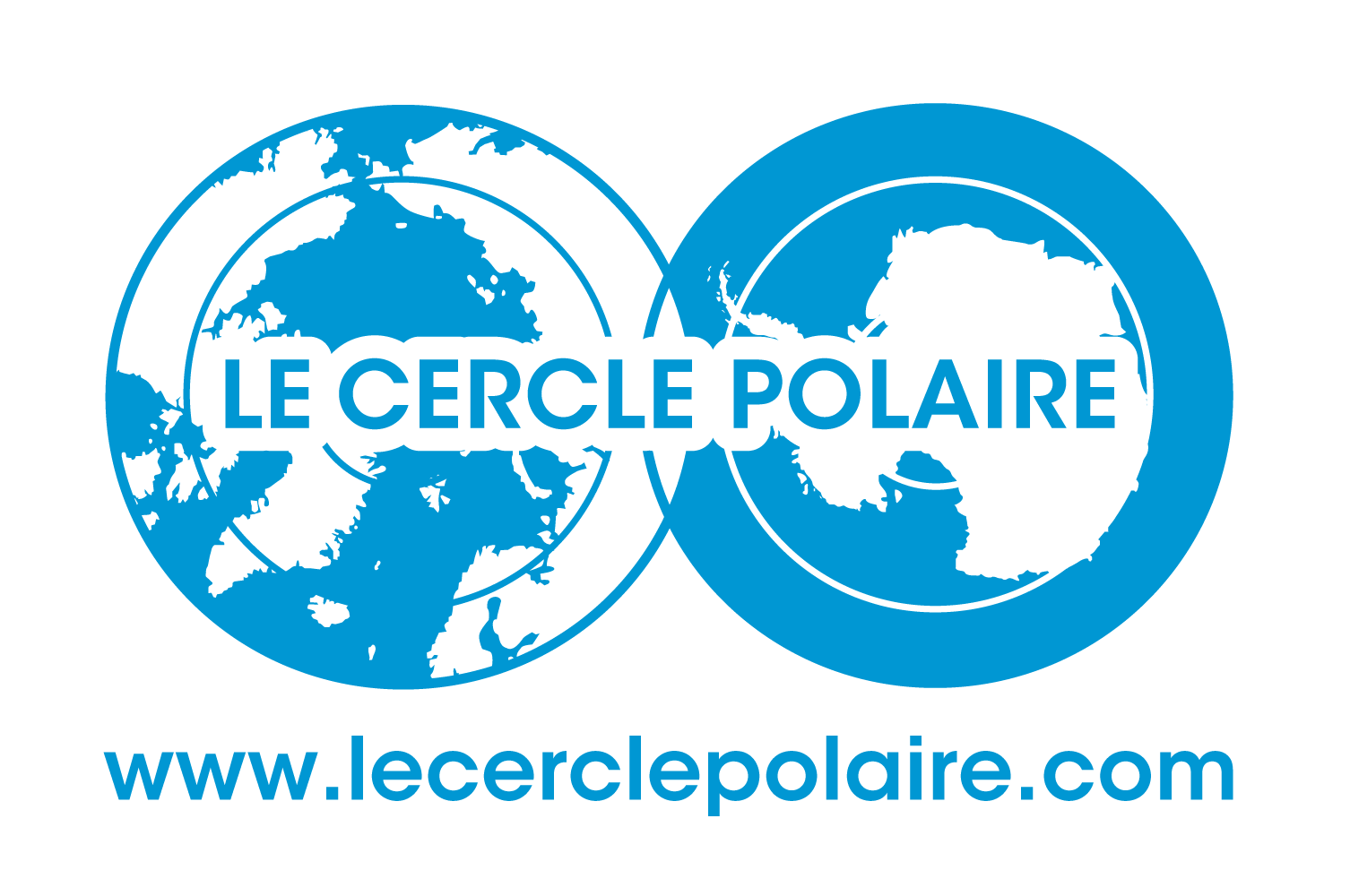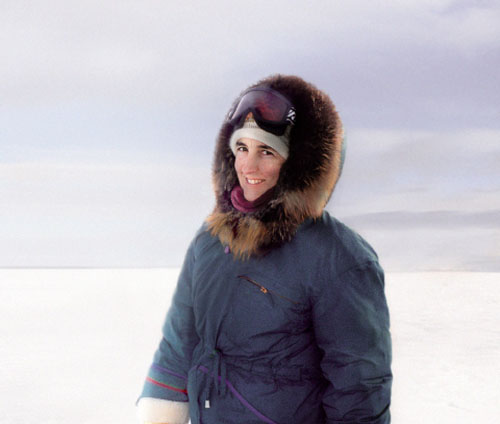![]() Michelle Daveluy
Michelle Daveluy
Anthropologist • Canada
“The recognition of the respective interests of the various protagonists in the Arctic is vital for the future”
Michelle Daveluy is a professor of anthropology at the University of Alberta in Edmonton. An ethnolinguist specializing in the Inuktitut language, she is a member of the steering committee of the International PhD School for the Study of Arctic Societies, a unique collaboration between researchers, professors and inhabitants of the North. She has written numerous essays and made an acclaimed film, ‘Anaulatuq: Trying not to lose’.
The Inuit taught me a good deal about my country and the world we share. Time spent with them on the sea ice, in camps or villages, has exposed me to the modernity of great open spaces. Humans feeling at home in this environment comforted the Quebec woman I am, still unsure of her role back then. That some Inuit have overcome pressure and preserved their language, as in Greenland and Nunavik, has inspired me. Since I became interested in their concerns, I have found it easier to put into perspective issues on which opinions diverge depending on the beholder’s distance from the poles. So when the Kangiqsuqjjuamiut said yes to a film devoted to anaulataq, a sport played in their camps, they allowed me to gain as much insight into the positive aspects of their way of life as to the challenges it entails. The Inuit also helped me discover Canada’s eastern coast when I moved there: their links with the shipping industry gave me a different understanding of the fur trade. Later, the creation of Nunavut was a catalyst sparking dialogue between North and South, helping inform Canadian people who were not fully aware of the new geopolitical reality. There is now a great deal more dialogue on the changes underway in Nunavik. This is a good thing, as the recognition of the respective interests of the various protagonists in the Arctic is vital for the future. Everything points to an intensification of activities of all sorts, leading to increased occupation of these areas sooner or later. This means we will all have to get to know each other better. The creation of Nunavut also opened the door more widely to post-secondary education. An intensive partner programme allowed several young people from Nunavut to receive the university training that will allow them to deal with the responsibilities that go with the territory’s autonomy. This relative academic success was short-lived, however, and this is my biggest concern with respect to the Arctic. All too often, the attention it gets is short-lived, and few people have a long-term vision of our inevitable cohabitation. But if something is sustainable, it is surely our relationship, which will survive all manner of conditions.

